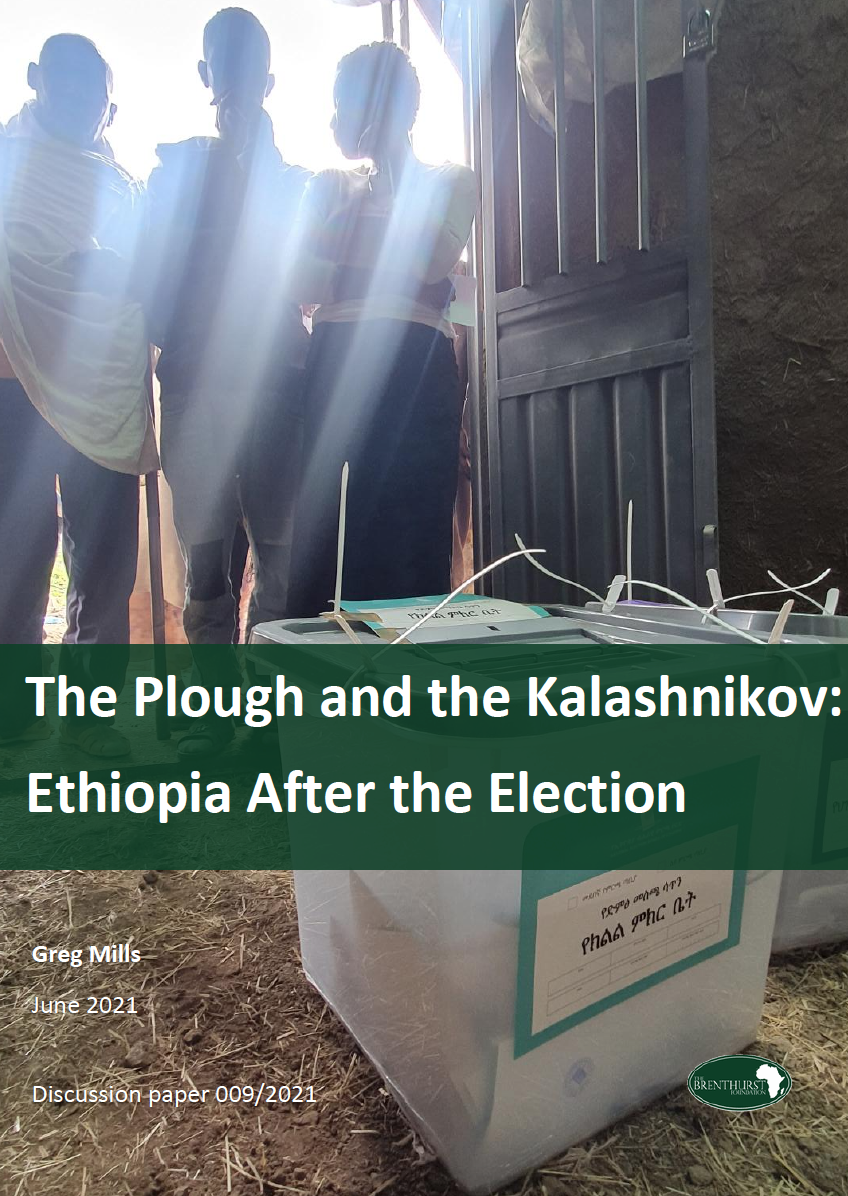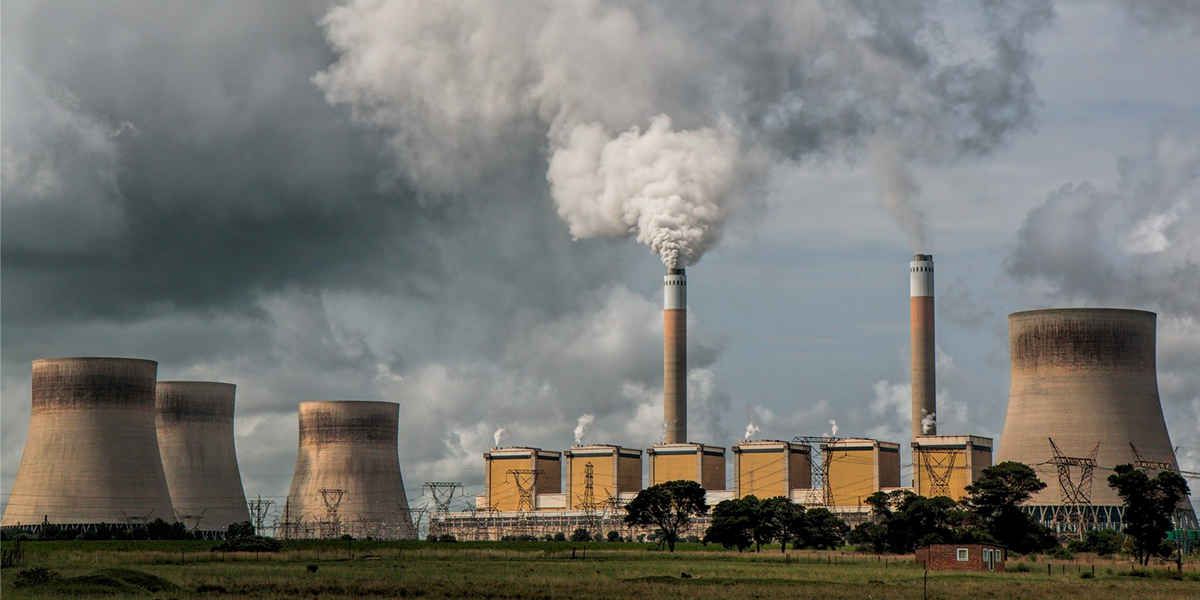Publications
The Plough and the Kalashnikov: Ethiopia After the Election
'The population is being moved out of here, and here,' pointed out the UN officer on a map of Ethiopia's northernmost Tigray region.
'Western Tigray is being extensively depopulated,' he said tapping the location of the now 'ghost-town' of Humera, once an important regional agricultural centre. As the last Ethiopian city south of the border with Eritrea and Sudan, it is considered a strategic gateway to Sudan. 'What we are seeing,' he notes, 'is that Tigrayans are being “encouraged” to abandon their homes and lands in large areas of the southern part of eastern Tigray as well. What we hear repeatedly,' he adds in echoes of the former Yugoslavia, 'is the need to “clean the bloodlines” of Tigray.'
Ethiopia hosted a much-delayed general election on 21 June 2021 in the midst not only of Covid-19, but an ongoing civil war in Tigray, instability in the Oromiya and Amhara regions and continuing frictions with its neighbours, notably Sudan. The event reminds that while elections can be an important component to ending conflict, they are only a means to an end and cannot bring peace and prosperity on their own.



